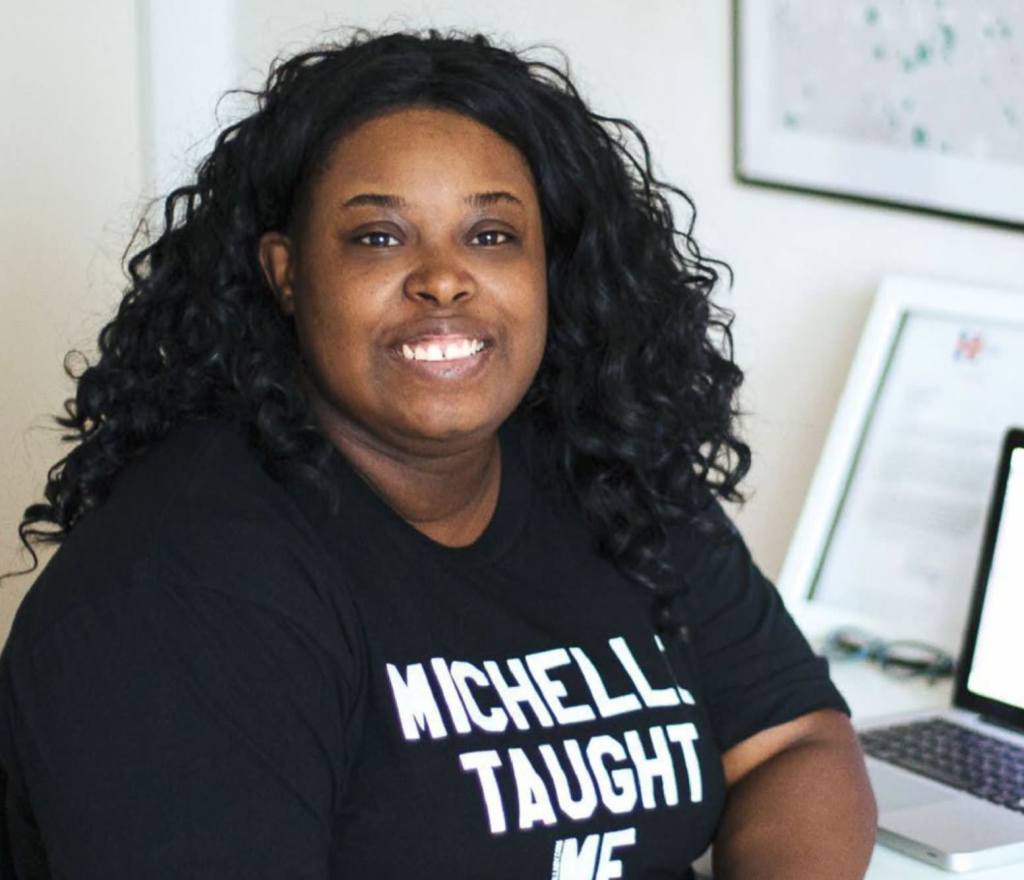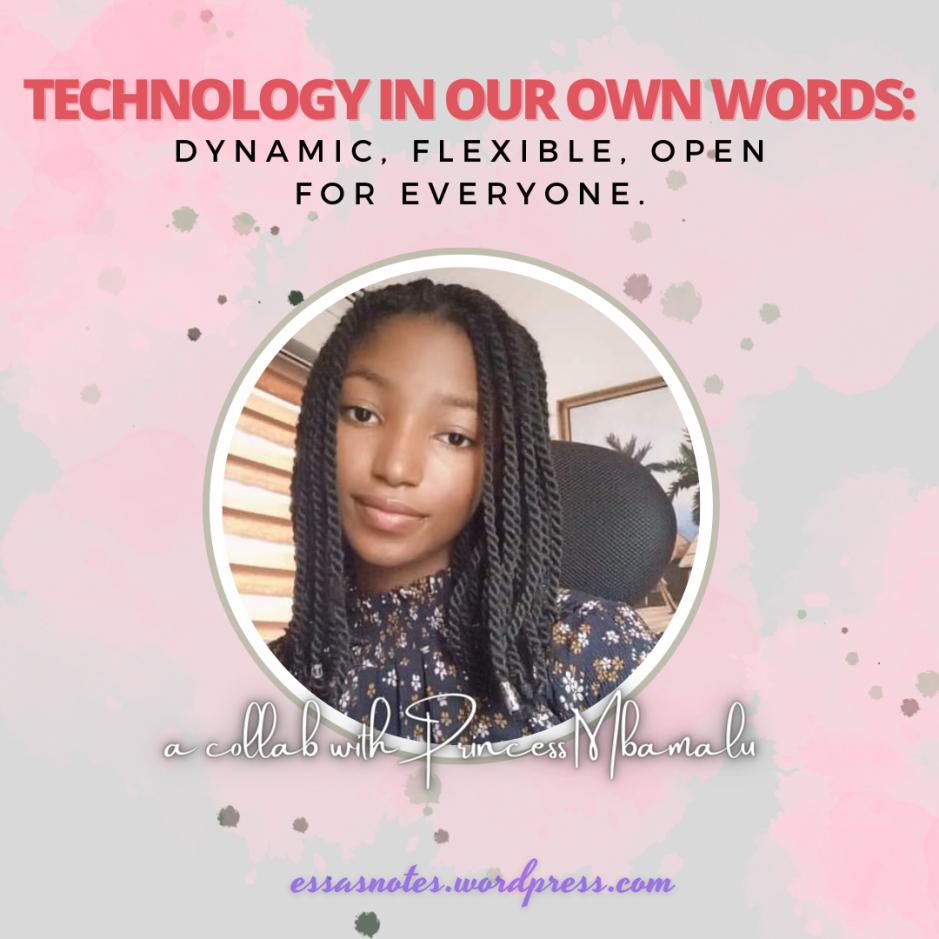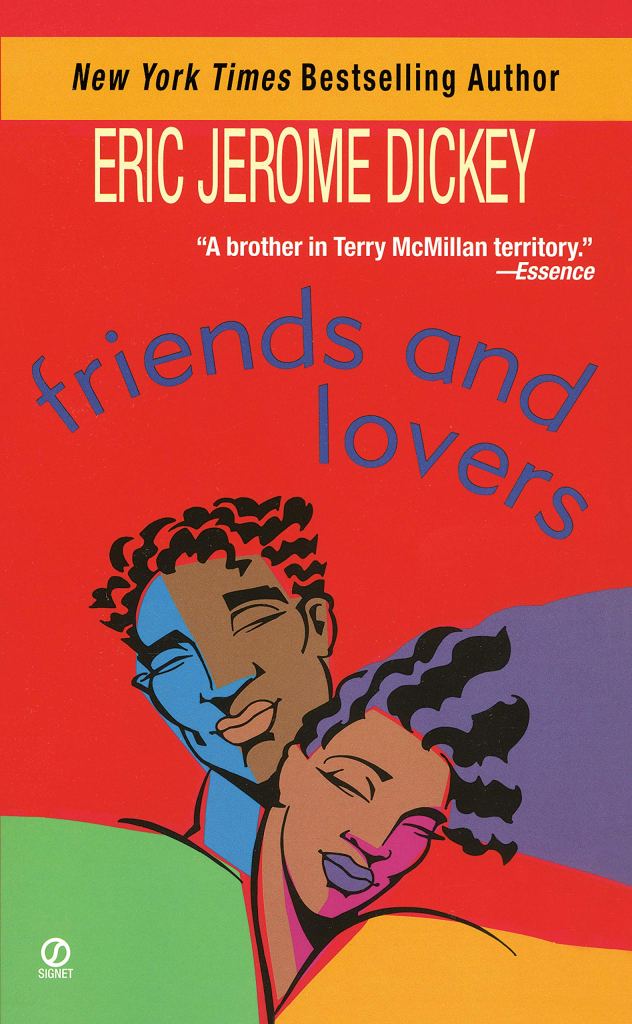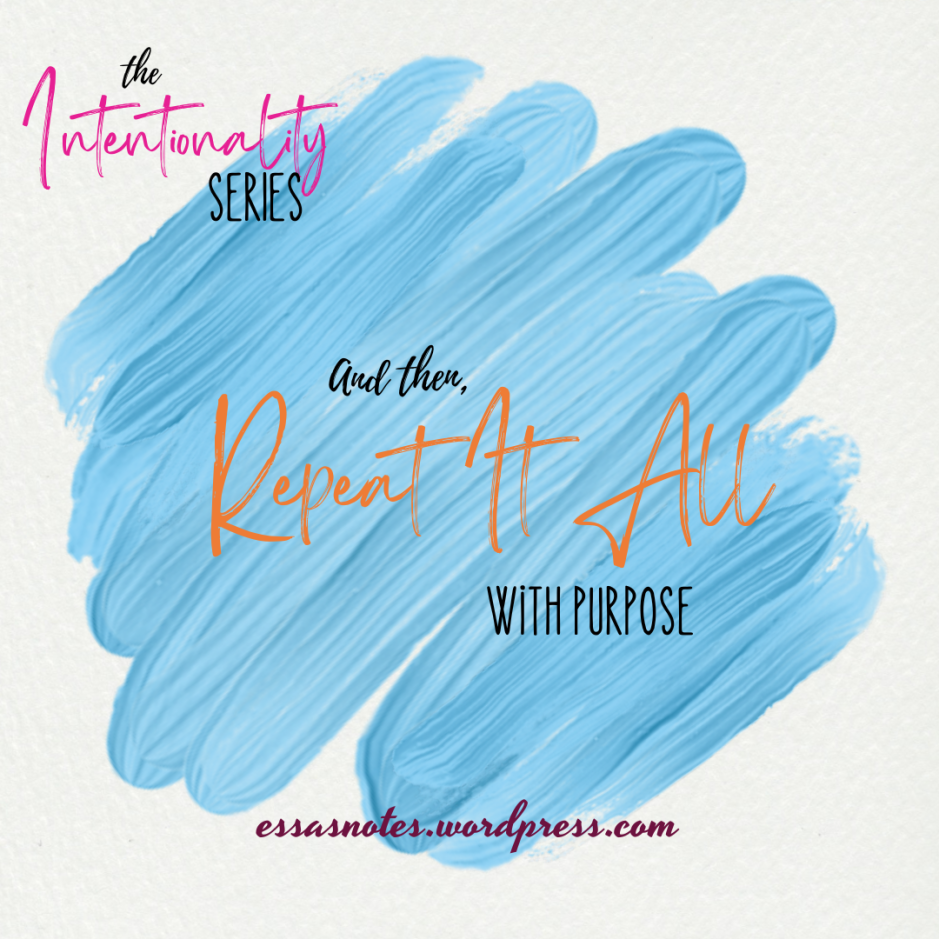The idea of technology not only being for exceptionally smart, A+ students, is one that has been existing all along, but hasn’t been emphasized enough, I daresay. If technology was just for really smart people, it would become boring, and lose the zest and flexibility that makes it such a desirable career field.
I collaborated with Princess Mbamalu, on such an interesting topic to let you know that you don’t really need much, other than the primary passion for solving world or community problems and creativity, to begin in technology.
In this writing collaboration, we define technology from our viewpoints, and show how adaptable and inclusive it really is.
Technology in Our Own Words.
When defined plainly, technology is the science of the application of knowledge to practical purposes. It borders a wide range of fields like computer hardware, software development, data storage and management, networking, cybersecurity, and artificial intelligence.
But Princess defines technology this way:
Technology is about solving problems, creating changes, and making a world of difference through various technological aspects.
And for Vanessa:
Technology means a change in mindset, a new approach towards things that have already been. Technology means looking at things from a different angle, using creativity to think up ways to solve a problem and make change.
It’s important as techies, and as anyone looking to venture into the tech field, to have your own personal definition of technology based on your individual perspective and how tech and its branches have impacted you. Because when you do that, it gives you a better understanding of it, how flexible it is, and all the amazing things that can be achieved through it.
A Little about How We Began and How Tech Has Made Us Better.
From Vanessa’s perspective:
I wouldn’t exactly call myself a math-wiz, or someone who is exceptionally good in maths. And this was one factor that made me hesitate before going into tech. If you’ve ever come across one of Google’s search suggestions: ‘Does coding require math?’, know that I’m one of those that made that search!
I was afraid that I’d get stuck along the way when the advanced part of programming came up, but the truth of the matter is that although programming does make use of math concepts and operations, it isn’t too far from the maths we learn in school. And even if you were terrible at maths in school, your boldness to take up the challenge determines how passionate you are to make change and solve problems.
And from Princess’:
I got into technology first because of my love of cool technological devices and my quest for more knowledge. As I grew older, I came to a realization that there is a lot more I can do and achieve in the tech industry. I became very much interested when my Technovation teammate and I took up solving one of Africa’s biggest health problems. The process we took in solving the problem made me understand more about tech and improved many aspects of my personal growth.
Tech has absolutely changed my life (I will always testify). I can write a book about how tech has changed and is still changing my life, especially in areas of my confidence, writing skills and wealth of knowledge, time management, and the shocking opportunities it has brought my way.
Technology exists to make us better and solve problems.
Technology is all about solving community or world problems. It’s not just about building cool stuff or coding up great apps that no one asked for. All the big names in tech today, solved problems – some problems they solved, people didn’t even know existed, neither did they know that they needed to be solved.
From Tim Berners Lee, creator of the world wide web, who solved the problem of the inability of people to interact with each other and with machines for information sharing at the global level, to Gladys Mae West, the woman who invented GPS, and solved the problem of the inability to exactly pinpoint the location of something on the Earth’s surface. The big and upcoming names in tech solved and are solving problems existing in their communities and in the world. And that is the purpose of technology.
Coding or engineering aren’t all there is to being a techie.
The fact that almost everyone in tech you see on social media codes apps or is into a tech field that involves the use of computers and programming languages, doesn’t mean that you’re good to go once you learn to do that. Coding, engineering, and their likes, are applications of technology.
Big thinkers like Albert Einstein, Max Planck, and Isaac Newton would have died as ‘one of those guys with big ideas’ if they hadn’t worked to create real-world applications of their ideas.
But before coding or engineering can be done, a thought process must take place. To be a good tech person, you should have these skills/qualities:
- Resilience/Perseverance
- Creativity.
- Problem-solving skills.
- Self-motivation.
- Good communication skills.
No matter how brainy you may be, you would be a half-baked techie if you don’t have these skills, because without them, what are you then doing?
Careers in Tech That Don’t Necessarily Involve Coding.
Certainly! Tech isn’t only about numbers and code. Here are some careers in tech that don’t necessarily involve coding but are still very important in the tech industry:
- UX/UI Designers: User Experience (UX) and User Interface (UI) designers design the look, feel, and functionality of websites, apps, and software. They work with developers, product managers, and stakeholders to create intuitive and engaging user experiences for technology products.
- Project Managers: Project managers plan, execute and monitor software development projects. They oversee timelines, budgets, and resources to ensure that projects are completed on time and within budget.
- Technical Writers: Technical writers create documentation, user manuals, and training materials for software products. They work with product managers, developers, and subject matter experts to ensure that documentation is accurate, comprehensive, and user-friendly.
And if you still need a little convincing, have a look at some people in technology who are using it to do things in other fields no one ever thought were possible:

Mina Markham, a “‘sasstronaut,’ front-end architect, self-taught technologist, and public speaker,” according to Forbes. She plays several roles, including designer, programmer, and speaker. Markham showcases her designing works and vision on her website. She stands as an inspiration for young creative minds who cannot afford a college degree but can still realize their dreams.

Linus Sebastian, YouTuber, presenter, producer, and the founder of Linus Media Group, makes amazingly-directed videos of product reviews, technology tips, and PC build guides, which are responsible for his rise as an influential person in the tech world.

Tim O’Reilly, founder of O’Reilly Media and the person who popularized Open Source and Web 2.0. In the age of Internet and technology, Tim is recognized as an influential pioneer and thought leader. His views and books bring hope to job seekers in a world that is cynical about the relation between automation and employment.
It may be a little harder, but tech is for us Africans, too.
In Africa, we believe so much in ‘when I grow up’. But know that today, it’s no longer about ‘when I grow up’. It’s about now. What you can start doing NOW in respect to the career you aspire and the person you want to be.
It’s far easier said than done, especially in Nigeria where most parents don’t support their children’s ambitions unless they resonate with theirs, and where most families sometimes don’t have enough money to take care of their needs.
Remember that technology is about problem solving, and to solve a problem, you must look at it from different angles. In the same way, you have to think beyond your limitations and circumstances, find ways past them, and get the skills and knowledge you need for your career in technology.
You really don’t have any limitations. You can begin with your smartphone, the old laptop you have at home, the laptops or desktop computers in your school. Make research on how best to begin in the field of technology that interests you the most and start somewhere, anywhere.
In conclusion, everyone can learn and excel in technology, regardless of their background or perceived abilities. You just need to:
Believe in Yourself: The first step towards any accomplishment is to believe that you can do it. You must believe in yourself and your ability to learn new skills and overcome challenges. Remember that every expert was once a beginner.
Start Small: You don’t have to become an expert in tech overnight. Start small and focus on learning one skill or technology at a time. You can start with simple coding languages like HTML and CSS, and then gradually move on to more complex ones.
Find a Mentor: Seek out people who are already working in tech and ask them for guidance. Having a mentor can provide valuable insight, advice, and support as you navigate the tech industry.
Join a Community: There are various tech communities online and offline that you can join to learn and network with like-minded individuals. Joining a community will help you stay motivated, learn from others, and find opportunities.
Be Consistent: Learning tech skills requires consistency and practice. Make a schedule and stick to it. Set achievable goals for yourself and celebrate your successes, no matter how small.
Take Advantage of Free Resources: There are numerous free online resources available to learn tech skills. You can start with online courses, tutorials, and forums. Don’t be afraid to ask questions and seek help when you need it.
Be brave enough to be different from those around you, to look at things differently. And be creative enough to think up new solutions to things. Let your own unique voice shine out, as a techie, and as a person.
Looking forward to celebrating your unique exploits in the tech space soon. 😊
Are you a newbie in tech? Or are you an established techie, and have anything to add? It’d be great to hear your thoughts and answer any questions you might have in the comments!
I took on this collab with Princess Mbamalu, an AI and Software Engineering enthusiast. You can connect with her on Twitter, LinkedIn and follow her on Medium.
And for more interactions and updates on posts, feel free to follow Ọlaedo on Facebook.
Ciao, 💋





















